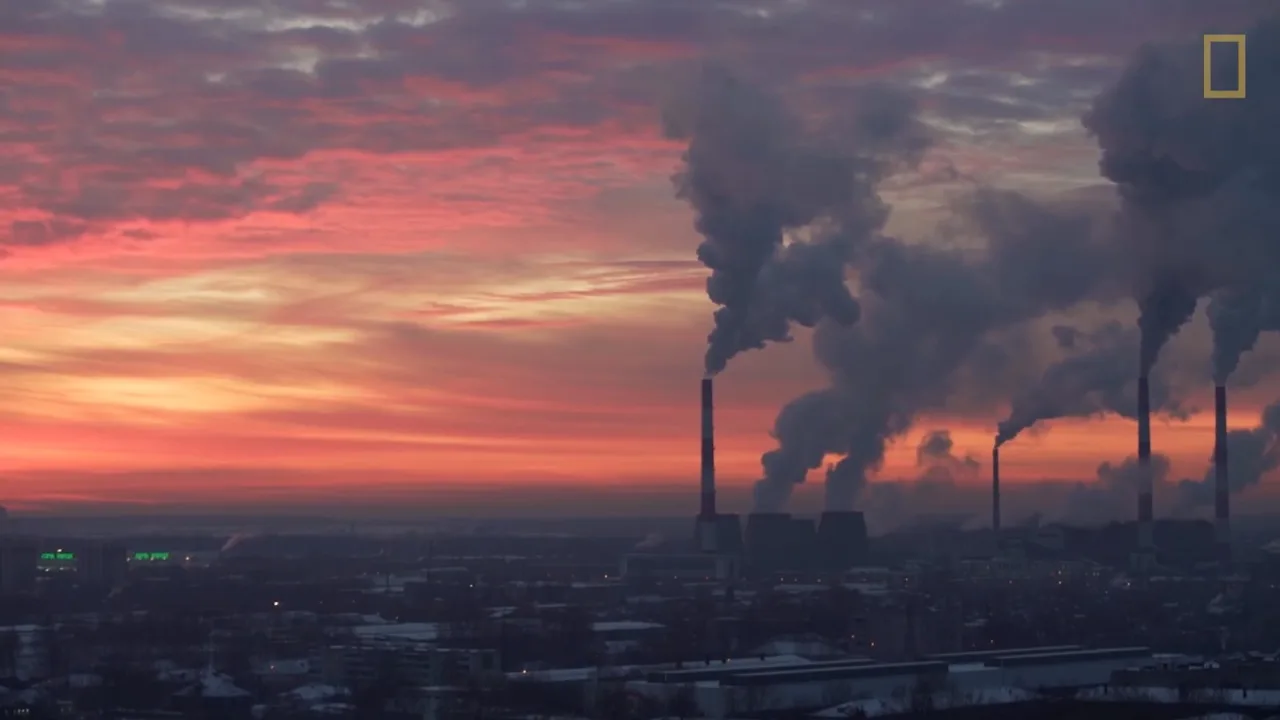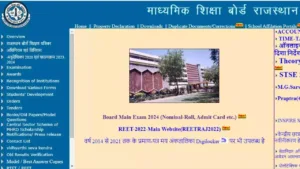Air pollution, the contamination of the air we breathe with harmful substances, is a global menace with far-reaching consequences. It transcends geographical boundaries, impacting not only human health but also the environment and climate. Understanding its sources, effects, and potential solutions is crucial to tackling this invisible threat.
Sources of Air Pollution:
Human activities are the primary culprits behind air pollution. The combustion of fossil fuels in vehicles, power plants, and industrial facilities releases a cocktail of harmful gases like nitrogen oxides, sulfur oxides, and carbon monoxide. Industrial processes, including mining, manufacturing, and waste incineration, further contribute to the problem by releasing particulate matter, volatile organic compounds, and hazardous chemicals. Additionally, agricultural practices such as burning crop residue and the use of chemical fertilizers also contribute to air pollution.
Natural phenomena also play a role, albeit a smaller one. Wildfires, volcanic eruptions, and dust storms can release significant amounts of pollutants into the atmosphere. However, the increasing frequency and intensity of wildfires, partly attributed to climate change, raise concerns about the potential for a worsening natural contribution.
Effects of Air Pollution:
The consequences of air pollution are widespread and severe. On a personal level, it poses a significant threat to human health. Exposure to air pollutants can lead to respiratory illnesses like asthma, chronic obstructive pulmonary disease (COPD), and lung cancer. Additionally, it can exacerbate existing heart conditions, contribute to stroke development, and even negatively impact cognitive function.
Air pollution doesn’t stop at human health. It disrupts ecosystems, harms wildlife, and damages agricultural productivity. Acid rain, caused by the chemical reactions of pollutants in the atmosphere, can acidify lakes and rivers, affecting aquatic life. Additionally, air pollution can stunt plant growth, reduce crop yields, and threaten food security.
Furthermore, air pollution plays a significant role in climate change. Pollutants like carbon dioxide and methane trap heat in the atmosphere, contributing to global warming and its associated consequences, such as rising sea levels, extreme weather events, and disruptions in weather patterns.
Combating Air Pollution:
Addressing air pollution requires a multi-pronged approach. Transitioning to cleaner energy sources like solar, wind, and geothermal power is crucial in reducing emissions from power generation. Promoting electric vehicles, improving public transportation systems, and encouraging sustainable urban planning can significantly decrease transportation-related pollution.
Industrial processes need to adopt cleaner technologies and stricter emission regulations. Investing in research and development of cleaner production methods and efficient waste management practices is essential. Additionally, promoting energy efficiency in all sectors can significantly reduce the overall demand for energy and consequently, associated emissions.
Individually, adopting sustainable practices like using public transportation, cycling, or walking whenever possible, reducing energy consumption at home, and avoiding open burning of waste can contribute to the collective effort.
Conclusion:
Air pollution remains a significant challenge, demanding immediate and concerted action. By understanding its sources, recognizing its detrimental effects, and implementing comprehensive solutions, we can create a cleaner and healthier future for ourselves and generations to come. Only through collective efforts at the individual, community, national, and international levels can we truly overcome this invisible threat and breathe freely.













